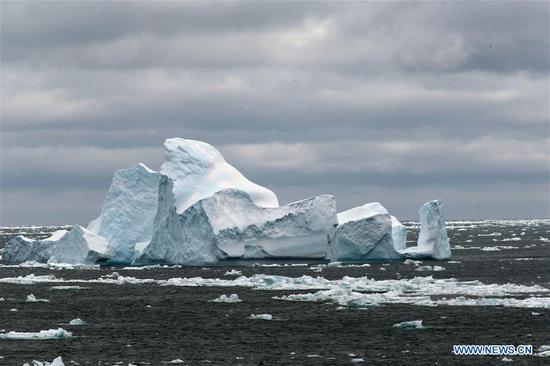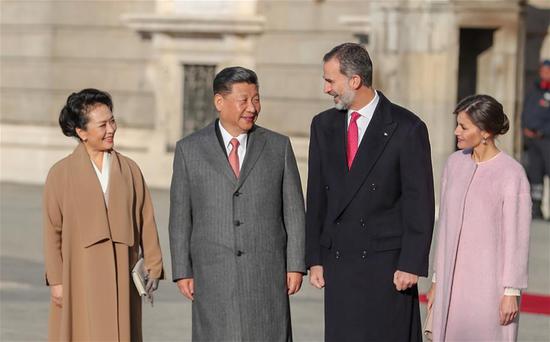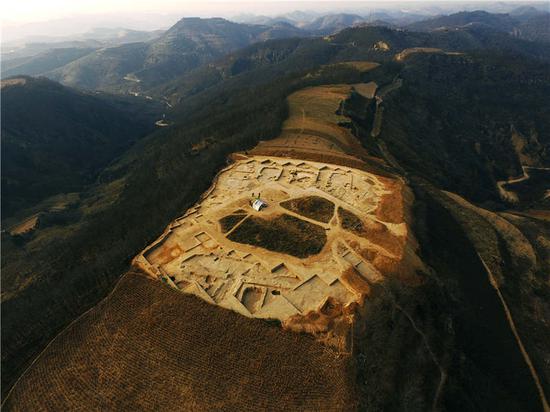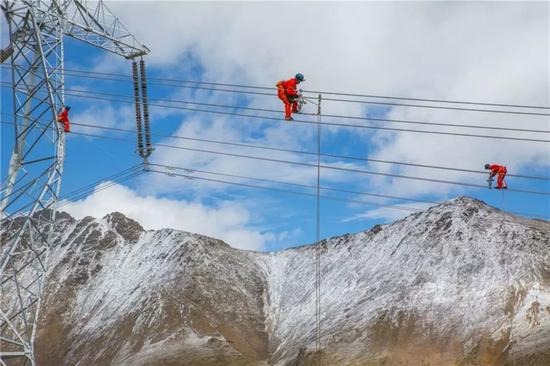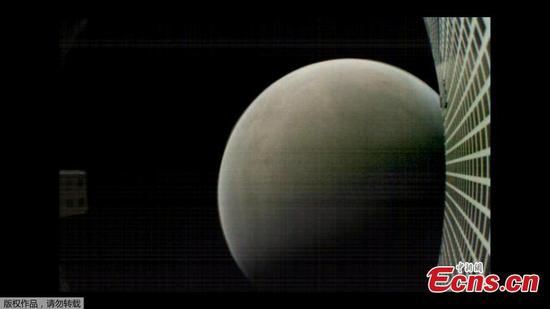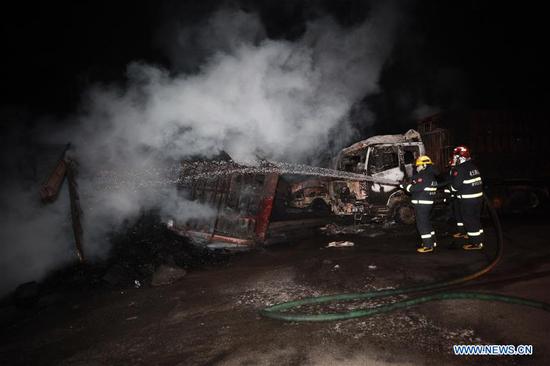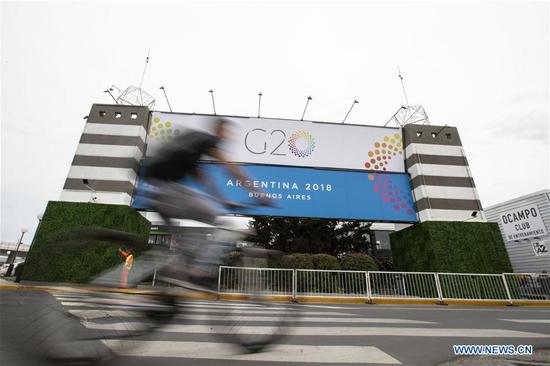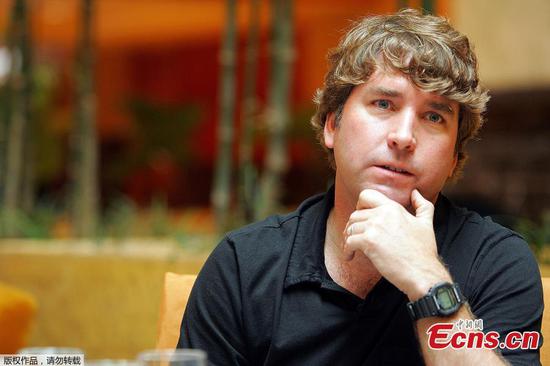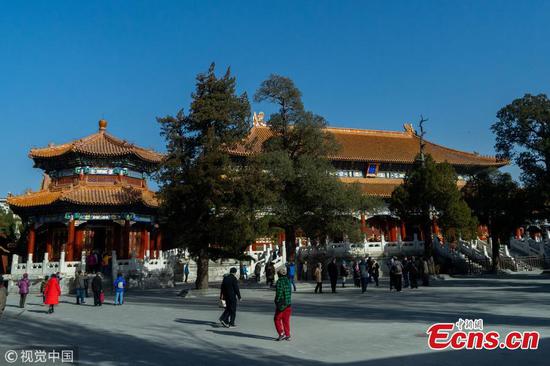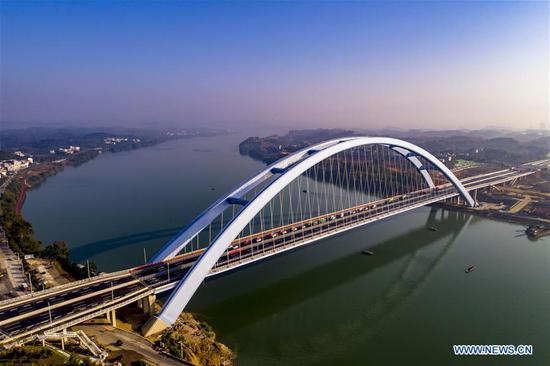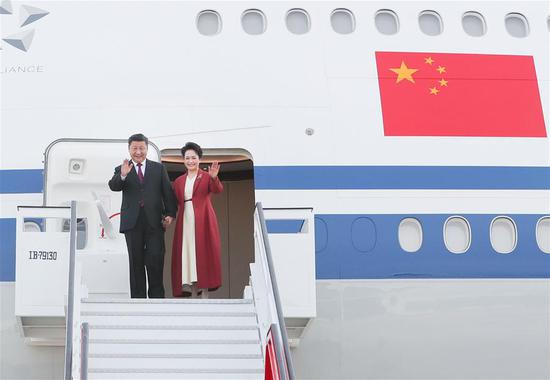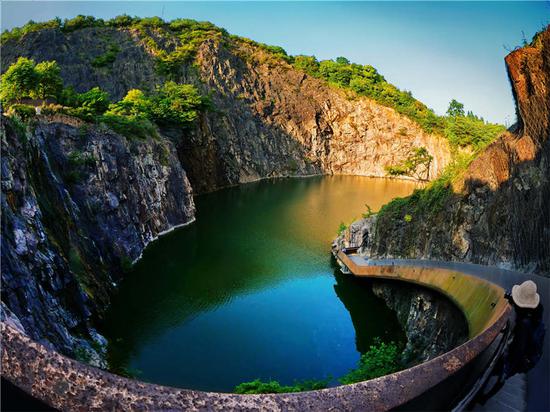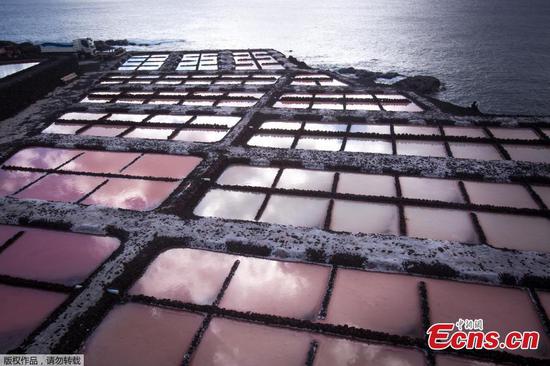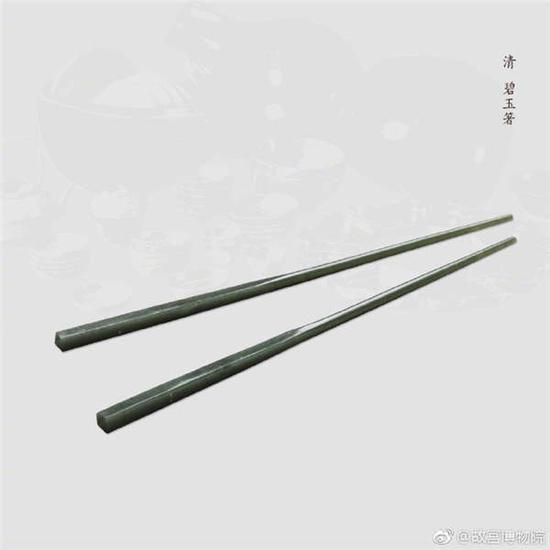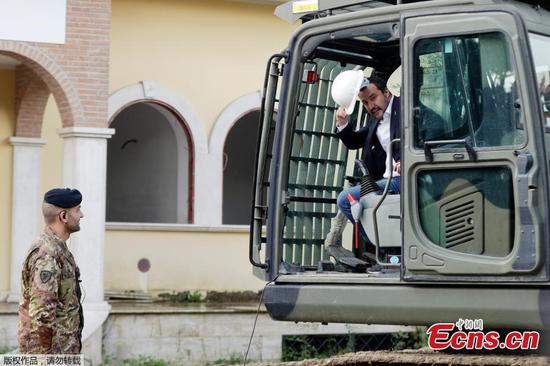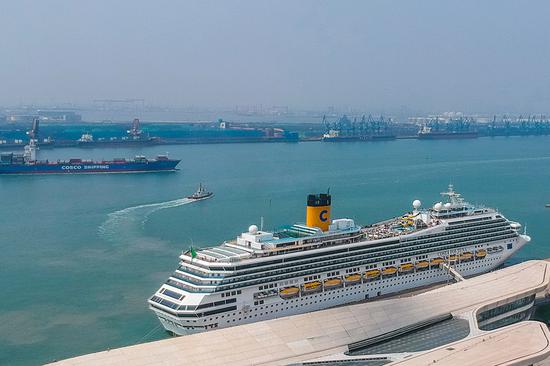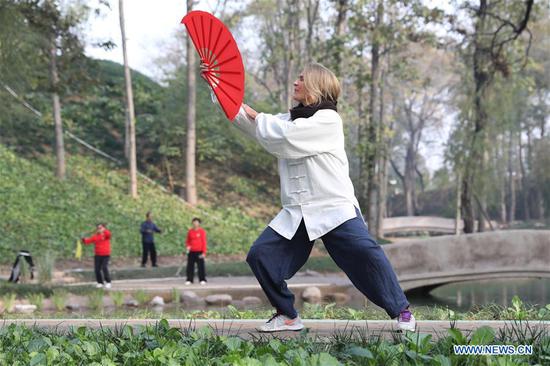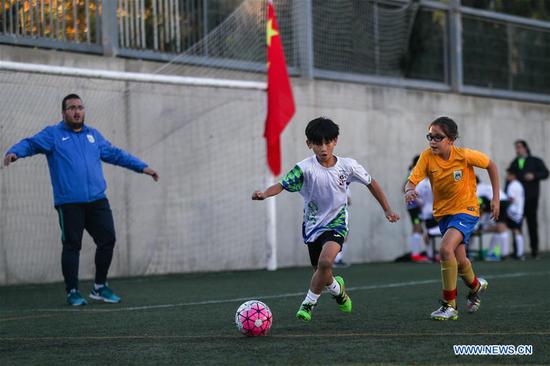Moscow still hopes leaders can meet during G20
The ongoing conflict between Russia and Ukraine may cause the international community to react and affect the expected meeting between Russian President Vladimir Putin and his U.S. counterpart during the G20 summit in Argentina, experts said.
Three Ukrainian naval ships attempted to force passage through the Kerch Strait in Crimea, between the Black Sea and the Sea of Azov, on Sunday, before they were intercepted and captured by the Russian coast guard.
Crimea was incorporated into Russia in March 2014 following a local referendum. Ukraine said the peninsula was annexed.
Moscow has condemned Ukraine for violating Russian territorial waters but Kiev has declared a state of emergency over the incident, saying a "Russian invasion" was impending.
A court in Simferopol, in Crimea, will decide on a pretrial restriction for nine detained Ukrainian sailors, Crimea's Human Rights Commissioner Lyudmila Lubina said on Wednesday.
The court on Tuesday placed 12 Ukrainian sailors under a two-month arrest on charges of an illegal border crossing organized by a group of persons with prior agreement, by an organized group, or with use of violence or threat of violence.
Russia's Tass News Agency said these charges are punishable by up to six years in prison. The rest of the detained sailors were also expected to face court on Wednesday.
Bogdan Bezpalko, an expert of the Russian Presidential Council on Interethnic Relations, said the conflict was "planned" and "Russia was provoked to use force".
"The provocation with the warships had been planned in advance and was carried out according to a previously drafted plan, that much is obvious," Bezpalko said.
Bezpalko predicts a series of reactions from Western countries will follow, including sanctions against Russia.
Indeed, a few senior European politicians raised the possibility of new measures against Moscow on Tuesday, Reuters reported.
Karin Kneissl, foreign minister of Austria, which holds the European Union's rotating presidency, said the EU would consider sanctions depending "on the exposition of facts and the further conduct of both parties".
Poland and Estonia expressed support for further sanctions.
However, German media Die Welt reported on Tuesday that French and German diplomats spoke out against stepping up existing EU sanctions against Russia.
"Without a doubt, this situation (Ukrainian warships entering Russian territorial waters) will be used as an excuse for punishment, but it is unlikely to lead to real sanctions," said Bezpalko.
Putin was scheduled to meet with U.S. President Donald Trump on the sidelines of the G20 summit in Buenos Aires, which starts on Friday.
In an interview with The Washington Post, Trump said he might cancel the meeting due to the Kerch Strait incident.
He said he was awaiting a "full report" on the incident from his national security team.
But, speaking with reporters earlier in the day, Trump's national security adviser John Bolton did not mention any possibility of canceling the presidents' meeting.
And Putin said on Wednesday he hoped to meet Trump at the G20 summit to talk about trade barriers.
"I hope I can talk to Trump in Argentina," Putin told a financial forum in Moscow.
"I hope we can discuss trade barriers. Trump in general has a positive attitude."
Clifford Kupchan, an expert with the Valdai International Discussion Club, said: "(Even if they meet) it is unlikely that the two presidents will walk out of the meeting with major agreements in hand."
But there is some benefit in just having the conversation, Kupchan said earlier.
"Amid the lack of high-level dialogue between Washington and Moscow over key areas of tension, a summit such as this could facilitate future substantive negotiations," he said.











